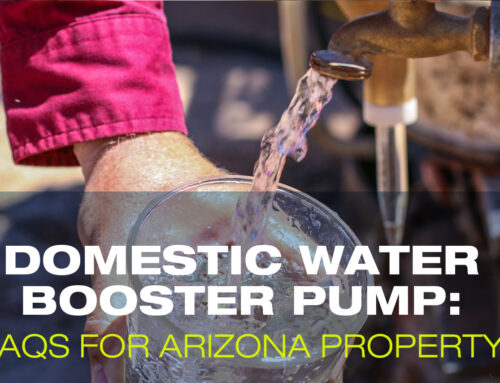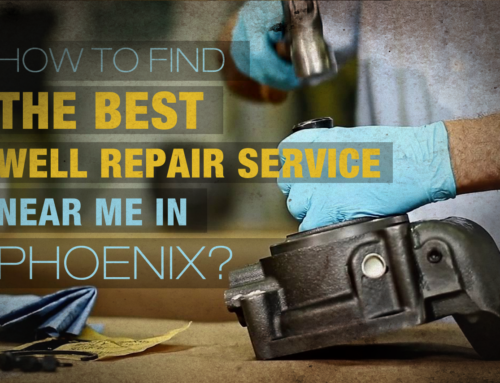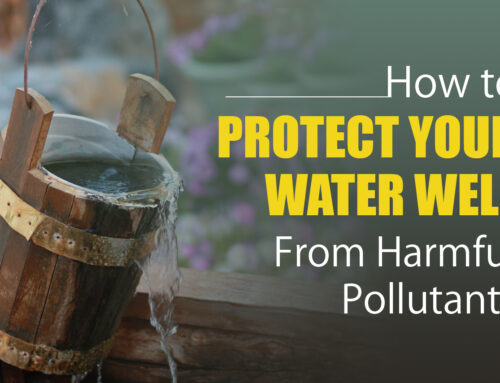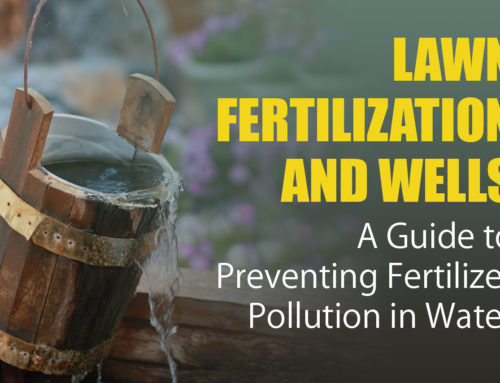Did you know that hard water can cause dry skin, dry hair, stained bathtubs, and can even increase the cost of your water bill?
We’ve all heard of hard water, but not all of us know what exactly makes water ‘hard’. In simple terms, hard water happens when there’s a large concentration of calcium and magnesium found in your plumbing!
While finding high concentrations of these minerals in your plumbing system isn’t a health risk, it can have a huge impact on the quality of your life, not to mention the health of your water system!
So, will you need water softeners? Keep on reading to find out!
How to Tell If You Need Water Softeners
Now, whether or not you want to soften your water is all really a matter of personal choice. While there is no requirement for you to soften your water, it is encouraged that you do so to help preserve the health of your water and your plumbing system.
Let’s talk about some of the most common tell-tale signs that you have hard water.
Do You Have Staining in Sinks?
When you mix hard water with soap, it’s very common for staining to occur on sinks, water fixtures, and in bathtubs. This staining is caused by the water evaporating and leaving behind a combination of magnesium, calcium, and soap scum!
Is Your Cutlery Staining?
Another warning sign that you have hard water is white staining on your cutlery and glasses. If you’ve run your dishes through the dishwasher and they end up looking worse than when they were put in the dishwasher. Keep an eye out for white stains on your dishes if you’re worried about hard water!
Are Your Nails and Hair Dry?
The higher quantities of magnesium and calcium found in hard water can lead to you developing brittle hair and encourage dry skin. If you notice that you’ve developed dandruff and that your skin is drier than usual, you should take a look at your water.
Water Softeners
If you’re interested in softening your water, investing in a water softener will help to reduce the hardness of your water. There are two different ways that a water softener can work; either by replacing the ions that cause the hardness in water with salt ions or by removing the majority of the calcium and magnesium in water.
But, before you invest in a water softening system, let’s take a look at the pros and cons of using a water softener.
Water Softener Pros
An affordable water softener system that doesn’t use salt will use magnets to remove the minerals found in the water, by passing the water over a magnet. By removing the minerals found in hard water, you can help to prevent mineral building and degradation in your plumbing system!
Water Softener Cons
One of the biggest cons to using a water softener system is the cost to purchase one and any possible maintenance that needs to be done on the system. In addition, if hard water isn’t the root cause of problems that you’re having with your water and you’re having problems with stinky or infected water, a water softener will not help to remove this problem!
Wrapping It Up
Using water softeners to remove the minerals out of your hard water can help if you believe your home has hard water. However, if you’re experiencing problems that you don’t believe are caused by hard water or if you’re not sure, feel free call Arizona’s top private well water service company!
___________________________________________________
Is it time to have your well water tested professionally? If you need commercial or residential well inspection services in Arizona call 623-582-5069 now to schedule an appointment or to have your questions answered!






